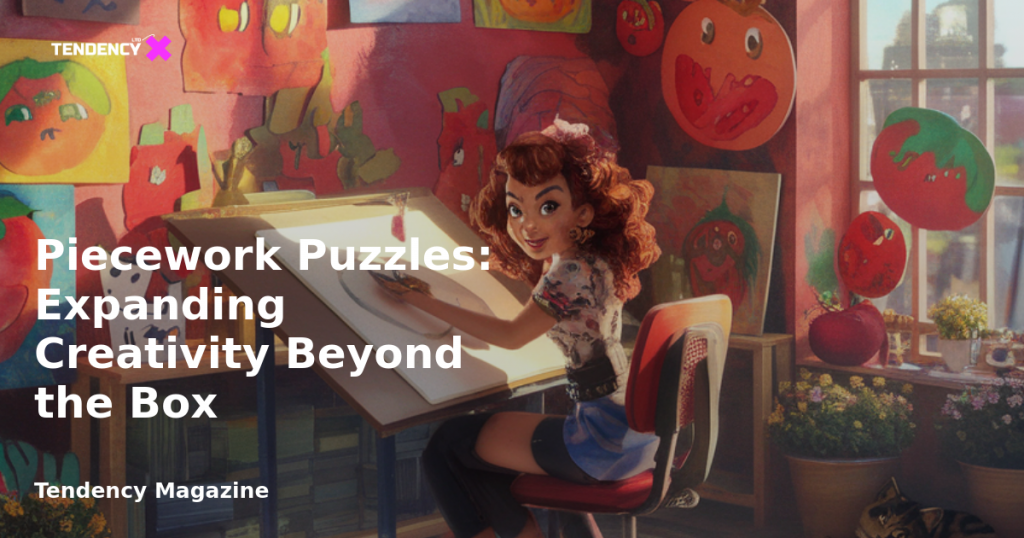Piecework Puzzles: Expanding Creativity Beyond the Box

Introduction to Piecework Puzzles
Piecework Puzzles was founded by Rachel Hochhauser and Jena Wolfe as a creative side project. Inspired by a rainy weekend spent assembling jigsaw puzzles, the duo envisioned a line of design-forward puzzles that would appeal to modern aesthetics. Their vision was clear: create puzzles that are not only fun to assemble but also beautiful enough to display. Over the years, Piecework Puzzles has evolved into a brand that offers much more than puzzles, expanding into various product lines while maintaining its distinctive brand identity.
Building a Strong Brand Identity
From the outset, Piecework Puzzles differentiated itself with bold, colorful designs that stood out in a market dominated by neutral tones. Rachel and Jena’s approach was to create puzzles that were not just games but pieces of art. This philosophy extended to every aspect of the brand, from packaging to communication style. By positioning puzzles as design objects, they tapped into the broader gifting market, creating products that were as suitable for a housewarming gift as they were for personal enjoyment.
The Launch of the “Tomato World” Experiment
One of the pivotal moments in Piecework’s expansion was the launch of the “Tomato World” experiment. This marketing campaign centered around a tomato-themed puzzle and included a microsite featuring tomato-themed products. When the founders realized the scarcity of suitable tomato-themed items that matched their brand, they decided to create their own, leading to the successful introduction of tomato-themed napkins. This experiment highlighted the importance of following brand instincts and being open to unexpected opportunities.
Learning from Expansion: What Works and What Doesn’t
Not every expansion effort has been successful for Piecework Puzzles. For instance, the launch of a candle line did not meet expectations due to timing and execution issues. The experience taught the founders the importance of taking time to perfect a product before launching it. On the other hand, the curated products section, inspired by customer inquiries about puzzle objects, proved to be a natural and successful extension of the brand. This section not only increased average order values but also provided valuable insights into customer preferences.
Strengthening Brand Identity Through Partnerships
Collaborations have played a significant role in Piecework’s growth. The brand has partnered with a diverse range of companies, from goop to Better Homes & Gardens, each collaboration reinforcing Piecework’s identity. The key to successful partnerships, according to the founders, is clarity of objectives and understanding the unique value each partnership can bring. These collaborations have not only expanded Piecework’s reach but also allowed for creative exchange and brand reinforcement.
The Benefits of Staying Independent
One of the unique aspects of Piecework Puzzles is its independence. By remaining bootstrapped and maintaining their full-time jobs, Rachel and Jena have retained creative control over their brand. This independence has allowed them to experiment freely and make decisions without the constraints of external approval processes. While this approach has its challenges, it has also provided the flexibility needed to adapt and grow in a competitive market.
Conclusion
Piecework Puzzles is a shining example of how a strong brand identity and a willingness to experiment can lead to successful expansion beyond initial offerings. By staying true to their creative vision and remaining open to new opportunities, Rachel and Jena have built a brand that resonates with customers and stands out in the market. As they continue to innovate and explore new avenues, the future looks bright for Piecework Puzzles, a brand that truly thinks outside the box.

